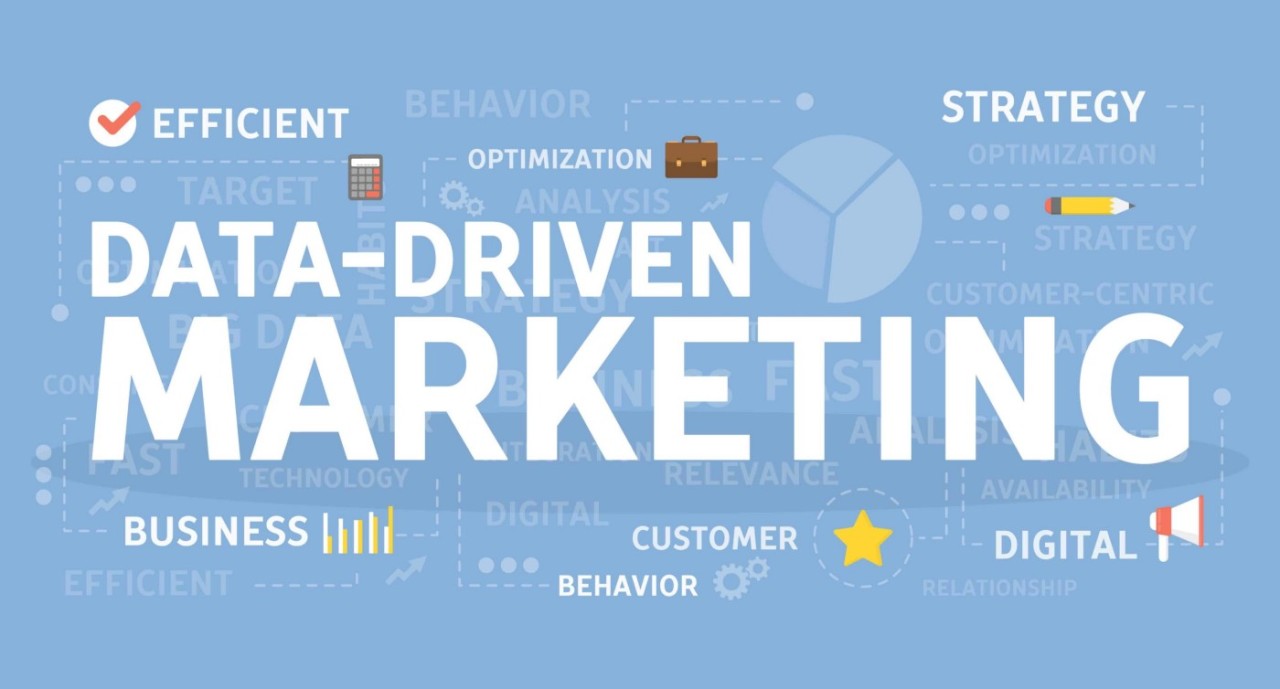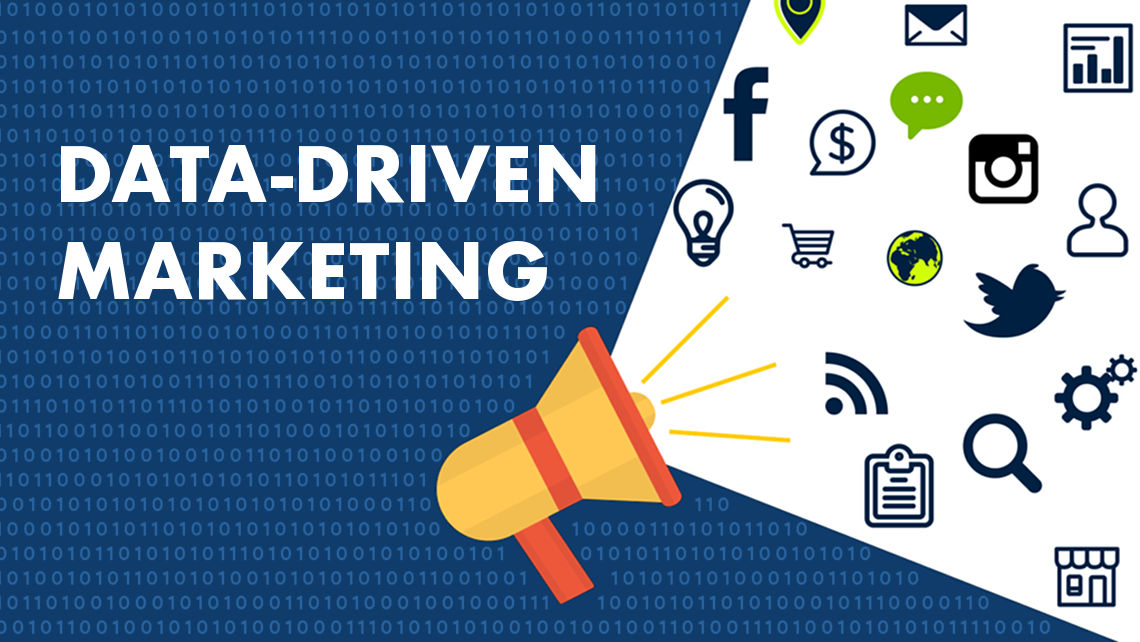In the fast-paced world of modern business, staying ahead requires more than just intuition; it demands strategic decisions based on data-driven insights. Welcome to the realm of data-driven marketing, where businesses harness the power of information to make informed decisions, refine strategies, and enhance customer experiences.
Understanding Data-Driven Marketing

At its core, data-driven marketing revolves around leveraging data to understand customer behavior, preferences, and market trends. This approach empowers businesses to tailor their strategies according to real-time insights, fostering a dynamic and adaptive marketing ecosystem.
Key Components of Data-Driven Marketing
- Customer Segmentation: Divide and conquer is the mantra. By categorizing customers based on demographics, behavior, and preferences, businesses can create targeted campaigns.
- Personalization: Gone are the days of generic marketing messages. Personalized content, tailored to individual customers, increases engagement and builds brand loyalty.
- Predictive Analytics: Anticipating the future is a powerful tool. Predictive analytics uses historical data to forecast future trends, aiding in proactive decision-making.
Benefits
The benefits of embracing data-driven digital marketing are abundant. From honing in on the right audience to enhancing the overall customer experience, the advantages include improved targeting, heightened engagement, and a significant boost in return on investment (ROI).
Challenges
While the rewards are tempting, challenges lurk. Data privacy concerns, integration issues, and skill gaps in handling complex analytics tools pose hurdles that businesses must navigate.
Best Practices for Successful Data-Driven Digital Marketing
Success lies in meticulous attention to detail. Ensuring data quality, integrating channels seamlessly, and continuously monitoring and adapting strategies are the cornerstones of effective data-driven digital marketing.
Future Trends
The future promises exciting advancements. Artificial Intelligence (AI) integration, evolving analytics tools, and adherence to privacy regulations will shape the landscape of data-driven digital marketing.
How to Implement Data-Driven Marketing in Your Business
Embarking on the data-driven journey requires careful planning. Implementing steps with caution, avoiding common pitfalls, and aligning strategies with business goals are vital for success.
Measuring Success in Data-Driven Marketing
Key performance indicators (KPIs) and advanced analytics tools play a pivotal role in quantifying success. Regular monitoring ensures strategies stay on course.
The Role of SEO in Data-Driven Marketing
SEO and data-driven marketing go hand in hand. Analyzing keywords and trends provides valuable insights for optimizing content and ensuring visibility in the digital sphere.
Expert Opinions on Data-Driven Digital Marketing
Industry leaders share their insights and predictions, shedding light on the evolving landscape of data-driven digital marketing.
Common Myths and Misconceptions
Let’s debunk common myths surrounding data-driven digital marketing, ensuring a clear understanding of its benefits and limitations.
Conclusion
In conclusion, data-driven digital marketing is not just a trend; it’s a necessity. The ability to harness data for strategic decision-making is a game-changer in the competitive business landscape. Embrace the data, adapt, and watch your marketing efforts soar to new heights.
Take the next step in revolutionizing your marketing! Request a demo from AIM Technologies today.
FAQs
Is data-driven digital marketing only for large enterprises?
- No, businesses of all sizes can benefit from data-driven digital marketing. The key is to scale strategies based on available resources.
How do I ensure data privacy in my marketing efforts?
- Implement strict data protection measures, comply with regulations, and educate your team on best practices.
Can data-driven digital marketing work for traditional industries?
- Absolutely. Data-driven strategies can be adapted to suit the unique needs of traditional industries, enhancing their marketing effectiveness.
What tools are recommended for measuring data-driven digital marketing success?
- Tools like Google Analytics, AIM Insights, and Adobe Analytics are widely used for measuring key performance indicators in data-driven marketing.
Is AI a necessary component of data-driven digital marketing?
- While not mandatory, integrating AI can significantly enhance the predictive analytics and personalization aspects of data-driven marketing.




